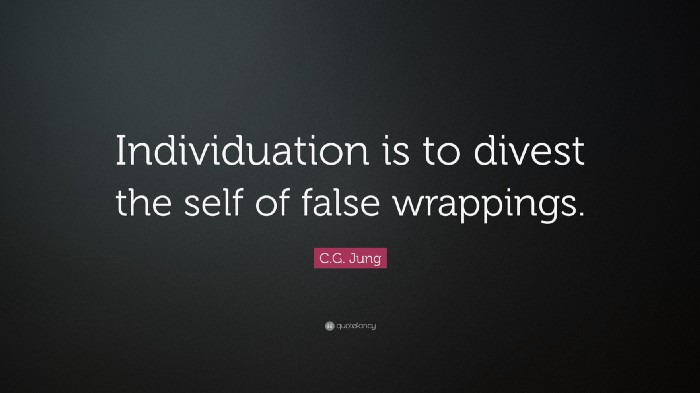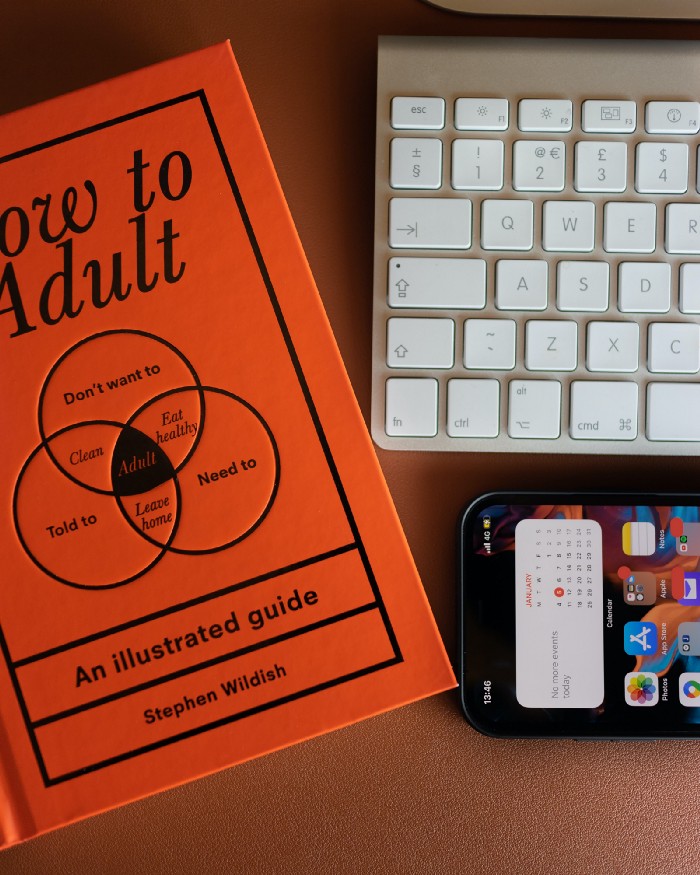In my last blog I mentioned reading a book when I was training to become a Clinical Psychologist which recounted André Malraux asking a parish priest, who had listened to confessions for half a century, what he had learned about humankind. The priest pondered for a while and responded with this: “First of all people are much more unhappy than one thinks…and the fundamental fact is that there is no such thing as a grown up person.”
Last time I focussed on his former lesson and this week I will be focussing on his wisdom that there is no such thing as a grown up person.
For the first 10 years of my career, I worked as a geropsychologist (a clinical psychologist that specialises in working with people in later life). Consequently, I often worked in Aged Care Homes, or in the private homes of the elderly and infirm. Dalliances with death and chronic illness were a common part of my work. Sometimes death was quick, and sometimes painstakingly slow. For the latter, it gave me an opportunity to discuss death openly, which meant mourning regrets, shedding long held guilt, grieving lives not lived, and also celebrating loves fulfilled and dreams accomplished. Never all for the same person. Some descents into death (or what Heidegger coined “the impossibility of further possibility”) were deeply touching and filled with love, many were prescient and frequently unimaginably sad and lonely. What was common, above all, however was the longing, no matter how old the person, for their parent to be present to hold and comfort them at the end.
Hearing again and again, how my clients often in their 80s or 90s wished for a parent at the end of life, was the first time I really understood the Priest’s statement: “there is no such thing as a grown up person.” We all want to be looked after, we all want our parents or at least our fantasy parents in the hard, and troubled moments of our lives. We all pretend to know what we are doing, we all put on the mask of adulthood, when in actual fact we are all childlike pups masquerading as “grown-ups.”

How does this look in clinical practice? Every person I see and have seen as a therapist has been involved in a process of individuation — becoming who they are. Individuation refers to the process of forming a stable personality. As a person individuates, they gain a clearer sense of self that is separate from their parents and others around them.
A most respected therapist, Jon Frederickson put it best when he said we all learn to “cover up that which could not be loved.” What he means by this, is that all of us have been shaped by our attachment figures. We have often learned to act in ways that would provide us the most love, attention and care. We do this because we need our caregiver’s love to survive and thrive. However, at the same time as this we are developing a sense of self, but it is intermingled not with who we are but rather who we need to be to create a strong attachment bond with our caregiver. As we develop into adulthood, we begin the process of individuation, and this is an anxiety provoking and challenging time for many. They begin to see their parents/caregivers in realistic rather than idealised terms, they begin to question what is functional and what is dysfunctional in their family system, they begin to question their core beliefs about themselves, the world and others and they begin to see that other people’s way of doing things may actually be a better way than their own. Through this rite of passage, a stable personality begins to form and a self that is separate from their parents is borne. This journey is marked with great anxiety, can cause depression, and many other symptoms of mental health struggles we know well. Getting through this for many is a long journey, and for many others it never fully happens. This is all our struggle, it is a psychological puberty we do not acknowledge: a rough and torrid time, as our psyche battles to become who we are, rather than who we needed to be. It is not a battle we may wholly win, but one we need to endure to form enough of a separate self.
And from what I can tell and perhaps what this Priest witnessed is that all of us, never completely separate. We are all still walking around this world a child masquerading as a grown up, trying to please or even rebel against the caregiver we all needed to survive. This is, for the most part, the human experience.
Meanwhile, we continue to fake it, pay bills, build careers, get married, have children of our own, and even become grandparents, and continue to pretend we know what’s going on. But in truth we don’t and in fact we shouldn’t. All of what I describe above is what it means to be human, what it means to love deeply and sometimes be hurt deeply. We should not feel the pressure to be a grown up person. We are all flawed, imperfect and guilty and somewhere along the line, we began to believe we need to be perfect, flawless and not guilty to be a grown up. What a terrible lie and a lie that means we need to cover up our authentic selves. A lie that takes us further away from individuation.
There is no such thing as a grown up or an adult. We are born and we get bigger — that’s it. And when we die, we yearn for the safety and sanctuary of those arms that held us as we took our first breath. There is something extremely beautiful and vulnerable in that, and it makes me wonder what is the benefit of the masquerade?
